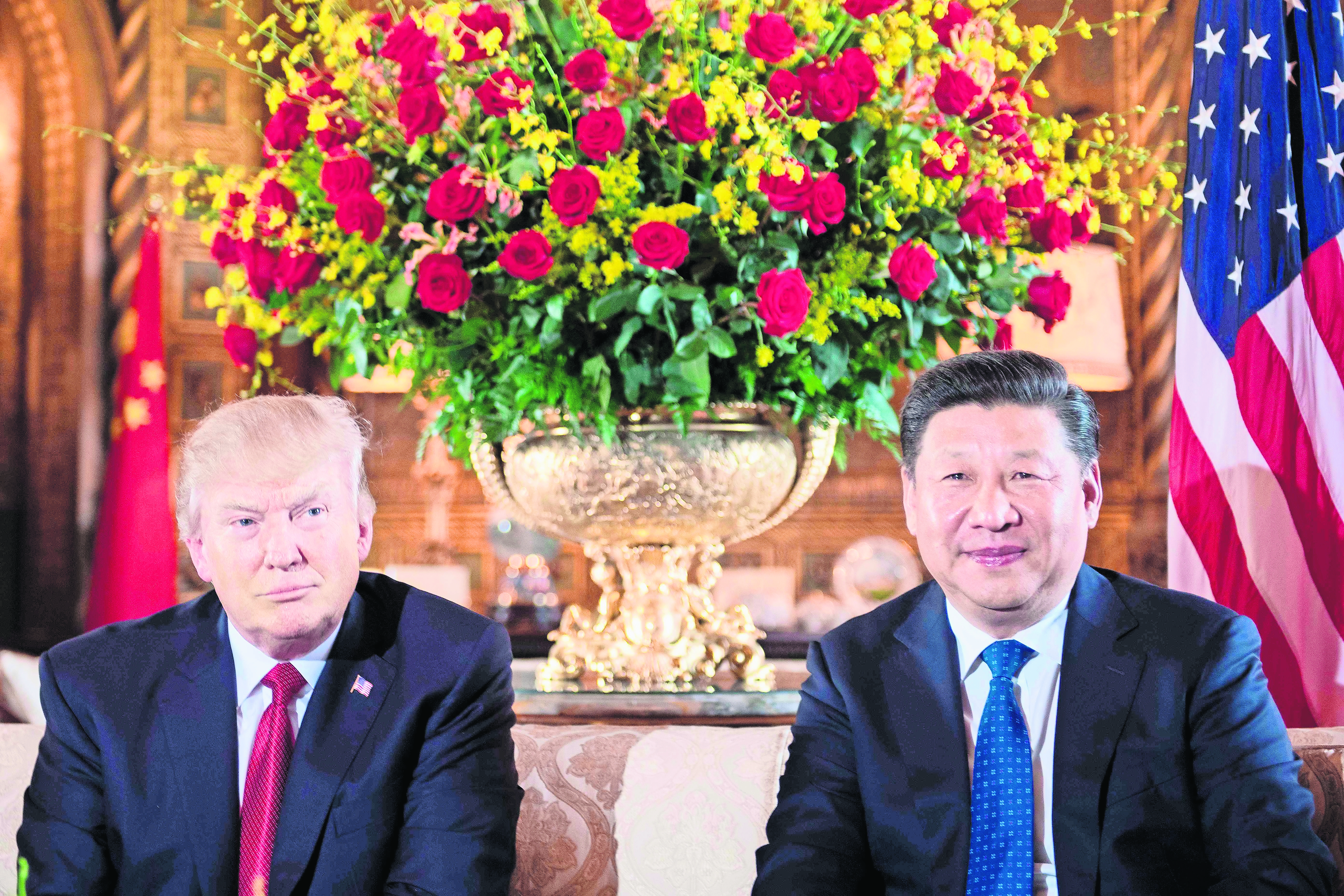
Donald Trump’s administration has decided not to confront China, at least as far as the exchange rate is concerned.
On Friday, the Treasury Department kept the Asian economy on its so called “watch list,” at least for six more months.
It is clear that China has managed to dilute one of the promises Trump made to his voters through the “Contract with the American Voter” by labeling China a currency manipulator.
Given that 50 percent of the United States trade deficit is concentrated in China, it is clear that there will not be substantial changes to the imbalance. We will have to wait for the U.S. reaction to the deficits with Japan, Mexico and Germany, who are also on the list.
Angela Merkel was forceful during her visit to the United States; thus little will need to be done. Japan has a special geopolitical value for the United States, particularly right now.
With respect to Mexico, the renegotiation of NAFTA fell apart in the administrative and legal process that our country should take advantage of in order to carefully construct a productive new relationship. Renegotiating without the pressure of election season would be best for the country.
Why did China get the United States to soften its position on the exchange rate?
The global interests of both powers determined the new order of priorities for the United States.
The military agenda that presented itself in Syria, Afghanistan and North America has grabbed Trump’s attention. It presents an alternative focus in the face of his defeats domestically and in North America.
In order to prevent his military actions from having the same fate as his first actions with immigration and NAFTA, Trump should act with greater caution.
In Asia, he confronts the geopolitical and economic interests of Russia, China, India, Japan and Israel.
Some of his allies, however, don’t want to give him a blank check to start actions that put their sovereignty and economy at risk.
Russia was forceful in pointing out that the attack on Syria goes against its strategic position in the zone. We should not forget that the Syrian government has had a historic link with Russia since the days of the former Soviet Union.
Unlike what Bill Clinton did in the Balkans, Trump is now confronting Vladimir Putin, who intends to make Russia a power to contend with in what Putin considers part of his sphere of influence.
In Afghanistan, things are no less complicated. During the ‘80s, the American government armed and enabled the Taliban in order to confront the Soviet invasion. Nevertheless, the aforementioned society broke apart years afterward and ended with the emergence of terrorism and drug trafficking that has involved the Western world on more than one occasion.
These problems will not disappear with the launching of a bomb. The United States chose to run the risk that the Islamic State would decide to escalate the conflict.
With respect to North Korea, negotiations with China are crucial, though without forgetting that the communist Korean government has sufficient military power to destabilize the region, something that is not opportune for South Korea or Japan, two strategic partners of the United States.
Given this context, it is evident that the Trump administration decided to postpone, or even forget, the economic agenda with China. The $347 million trade deficit with the Asian country should be resolved another time or by alternative mechanisms that involve further negotiation.
For China, it is a triumph that could have been anticipated; it has a greater capacity to assert influence thanks to the fact that it owns 30 percent of U.S. foreign debt and that China understands that Trump’s domestic defeats, such as the impasse regarding NAFTA, could open the possibility of advantageous trading.
Without acting rashly, China waits for the opportune moment to stand up to Trump’s position. Without wearing itself out publicly, China has taken advantage of the victories of political, business, media and citizen groups in the United States, as well as other governments, in order to maintain China’s ascendant and dominant position in the trade world.
To this day, Chinese state capitalism retains its advantage over directionless free trade and over the attempts to revise international trade that Trump has indicated he wants to effect.

Leave a Reply
You must be logged in to post a comment.